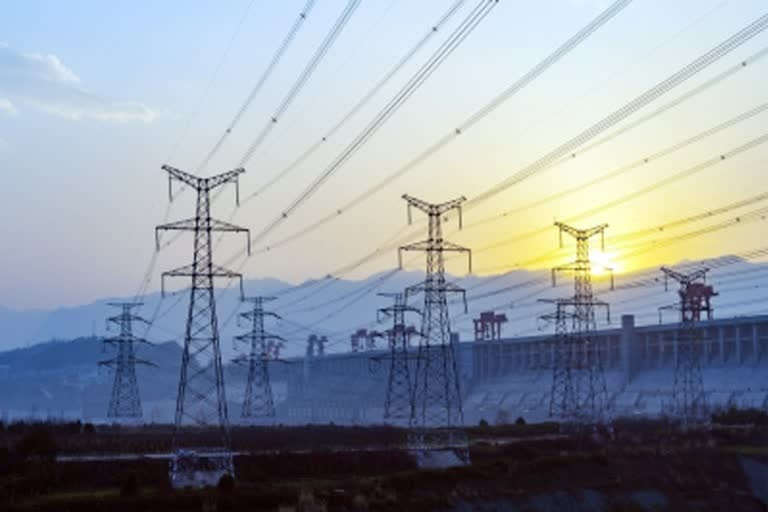New Delhi:The Centre on Thursday said the country has installed 153 GW capacity from non-fossil fuel energy sources and is set to achieve the target of 500 GW capacity by 2030, according to a release.
“At 153 GW installed capacity by renewable sources, India is set to achieve its ambitious target of 500 GW of capacity from non-fossil fuel sources by 2030,” Union Minister for Power and New and Renewable Energy R K Singh said. He was briefing a Parliamentary Consultative Committee attached to the Ministry of Power in Tehri, Uttarakhand. The agenda for the meeting was ‘The Need for Enhancing Hydro Capacity’.
Noting that there has been exponential growth in the renewable energy capacity of India in the last seven years, the minister said that “India had already surpassed the target to achieve about 40 percent cumulative electric power installed capacity from non-fossil fuel-based energy resources in November 2021 against the deadline of 2030.”
Stating that India’s consumption of energy has been growing at an exponential pace, Singh pointed out that consumption is an index of development and hence increased energy utilization is an indicator of the evolution of the economy.
Listing the challenge of tackling climate change while meeting the increased demand for energy in the country, the power minister noted that the per capita emissions of India are less than a third of the world average, while for the developed nations it is four to six folds of the global mean.
“Nearly 80 percent of the emissions so far are contributed by the developed world. However, in the light of the Paris Agreement, the government has resolved to move towards greener energy,” said Singh.
Speaking on the agenda of the meeting, the power minister said that hydel power projects assume importance as they are a source of green and clean energy. Apart from the direct benefit of clean energy, hydel projects also generate employment, give stability to the grid, improve infrastructure, help in flood management, and result in a multiplier effect on the local economy, the minister said.
Outlining the challenges of implementing the hydel projects, the minister emphasized the need to take all stakeholders into confidence and said that communication with the people affected will remain the key to success. He also said that a robust resettlement and rehabilitation plan would further help in executing the hydropower projects.
Heavy Industries Minister Krishan Pal Gurjar was also present at the meeting. The Members of Parliament made several suggestions about various initiatives and schemes in the ministry of power. Among the MPs present was Mahabali Singh from Lok Sabha, Khagen Murmu from Lok Sabha, Dr. Amee Yajnik from Rajya Sabha, and Dhiraj Prasad Sahu from Rajya Sabha.
